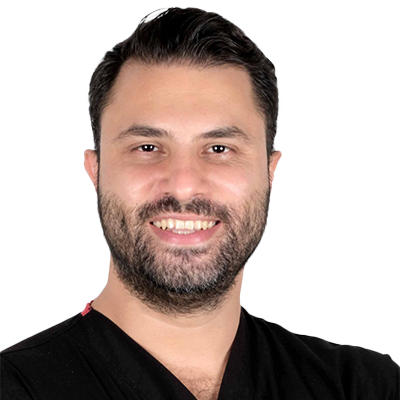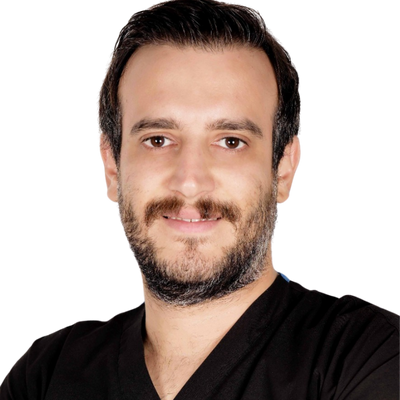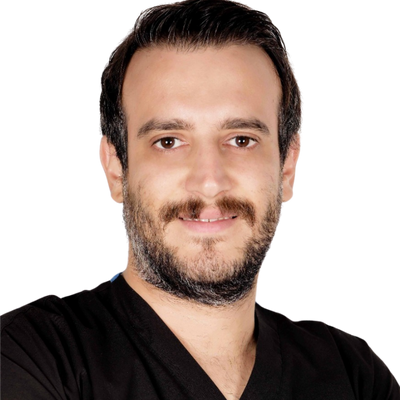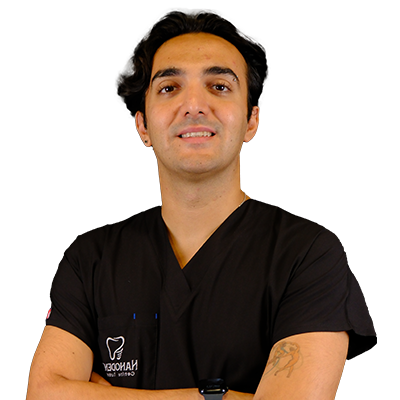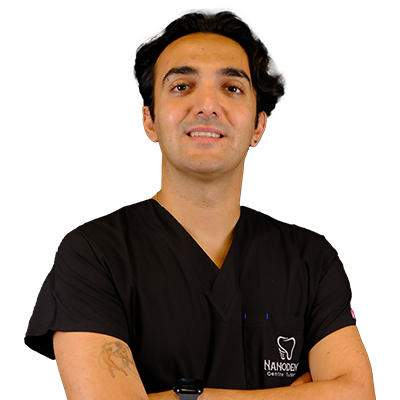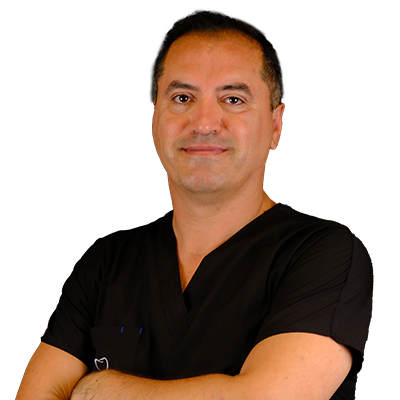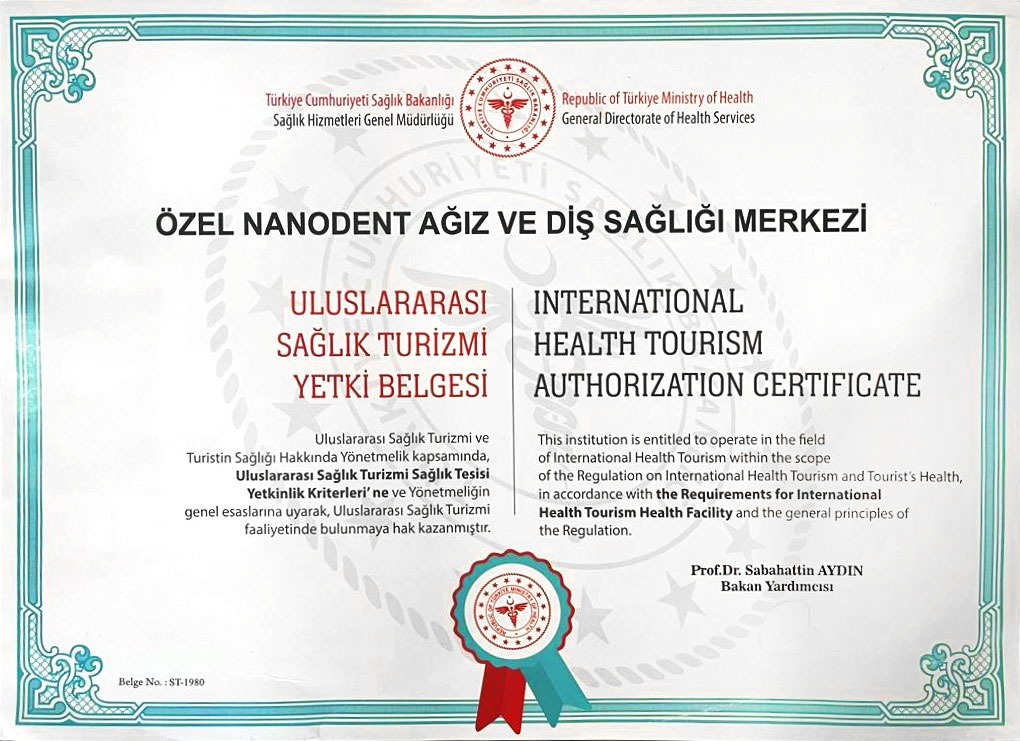

What is a Zygomatic Implant?
 GET PRICE NOW
GET PRICE NOW
What is a Zygomatic Implant?
A zygomatic implant is a special type of implant that differs structurally and functionally from conventional dental implants. It is a preferred treatment method especially for patients who have advanced bone loss in their upper jaw and therefore cannot undergo standard implant application. In other words, zygomatic implants offer a successful alternative in cases where sufficient bone volume cannot be provided by advanced surgical procedures such as bone grafting.
While conventional implants are usually 8, 10 or 12 mm long, zygomatic implants are much longer and have dimensions ranging from 30 mm to 50 mm. This length allows the implant to be placed in the zygomatic bone - that is, the cheekbone. The zygomatic bone is a very dense and hard bone tissue connected to the upper jaw bones. Therefore, it is used as a zygomatic bone support point in patients who do not have a suitable volume for the implant due to bone loss in the upper jaw.
Zygomatic implants are specially designed, advanced technology implant systems with different surface properties. For this reason, both the placement technique and the usage process require a different expertise than conventional implants. Thanks to zygomatic implants, even patients who cannot have implants can have fixed teeth.
What is the Difference Between Zygomatic Implants and Other Implants?
Zygomatic implants differ from conventional implants in that they can be applied to patients with insufficient jawbones. While conventional implants require a solid jawbone, zygomatic implants are applied with support from the cheekbone.
The most important difference of these implants is that the application area extends to the cheekbone. Thus, implant treatment is possible even in upper jaws with serious bone loss. This system, which is longer than conventional implants, offers a wider support area.
Although zygomatic implants are more invasive, they provide successful results both functionally and aesthetically thanks to their strong adhesion and durability.
Who Can Zygomatic Implants Be Applied To?
Zygomatic implant application is generally preferred in individuals who have used a removable total prosthesis for many years. In these individuals, the jawbone may have eroded significantly over time and there may not be enough bone support for standard implant treatment. At the same time, additional surgical interventions such as bone grafting may not be sufficient in patients with advanced osteoporosis. In such cases, zygomatic implants are an ideal solution for transitioning to fixed dental prostheses.
However, zygomatic implants can also be applied to individuals who lost teeth at a young age, have insufficient bone development due to genetic factors, or have lost their teeth early due to systemic diseases. In other words, every patient who does not have a suitable bone structure in the upper jaw for implant placement can be evaluated by the doctor and be a candidate for zygomatic implant treatment.
How Does the Zygomatic Implant Application Process Take Place?
Zygomatic implant application is a procedure that requires extremely precise planning. As the first step, the patient's jaw structure is examined in detail. During this process, volumetric dental tomography (3D dental tomography), which is usually compatible with clinics with advanced technology such as Nanodent, is taken. With this imaging, the condition, density and distance of the zygomatic bone to the upper jaw are clearly determined. At the same time, the patient's general health status and systemic disease history are carefully evaluated and a treatment plan is created.
Details such as the angle and length of implant placement are planned in the digital environment in line with these tomography images. Then, a special dental prosthesis design is made for the patient. This prosthesis is prepared in advance to show the patient what kind of aesthetic appearance will be achieved after the surgery. If the patient approves this appearance, the design is transferred to the computer in three dimensions and the production process is started.
The surgical procedure is usually performed in a hospital environment and under general anesthesia. During the operation, which takes an average of 2 hours, zygomatic implants are placed in the upper jaw. Especially Antalya, temporary prostheses are attached and the patient's aesthetic and functional needs are met. After the healing process is complete, permanent prostheses are applied.
How Should Zygomatic Implants Be Maintained?
Patients with zygomatic implants should apply a more delicate care routine than classic implants in order for the implants to last longer. Tooth brushing techniques, oral hygiene products and brushes used should be selected specifically for the person. In addition to classic toothbrushes, patients may also be recommended interdental brushes and antiseptic mouthwashes.
In addition, regular dental check-ups are extremely important to prevent possible infection risks around the implant. Patients should definitely go for a check-up at least every 6 months or once a year, depending on the doctor's recommendation.
Other Blogs
- What Are The Differences Between İmplant Treatment, Bridge and Denture Treatment?
- What is Hollywood Smile? How is Gummy Smile (Excessive Gum Visibility) Treated?
- What is Root Canal Treatment? Getting Root Canal Treatment in Antalya
- What is the All On 6 Implant and What are its Advantages?
- Why Do Teeth Turn Yellow? What Do We Need to Know About Teeth Whitening?
- What is a Multi-Unit Abutment? How is it Made?
- How to Find Affordable and Reliable Dental Clinics in Türkiye?
- How to Determine the Cost of Dental Implants in Turkey?
- Natural Teeth Colour: What is The Best Shade For Natural Teeth?
- How Safe is Bone Grafting for Dental Implants?
- Dental Treatments in Turkey: Affordable Dental Packages 2025
- Why Do Patients Choose Dental Treatment in Turkey?
- How Long Does It Take for Full Mouth Dental Implants in Turkey?
- Dental Implants in Turkey: Cost, Benefits & Best Dentists!
- 5 Advantages of Zirconium Veneers in Antalya
- How Can We Get Rid of Yellow Teeth?
- Is Hollywood Smile a Good Idea?
- Affordable Cost Dental İmplants in Antalya
- 8 signs that you need dental implants
- A Certain Dental Restoration in Turkey
- What’s in the All on 6 Implant and Is It Right for Me?
- How Much Does Root Canal Treatment Cost?
- What are the different types of dental veneers?
- 7 Advantages of Dental Implants
Contact Form
Frequently Asked Questions
Affordable Dental Implants in Turkey is not only cost-effective but also the greatest option for you. Dental implants in Turkey is a popular destination for medical tourists from all over the world. The best services are in Turkey, and because of the exchange rate between the lira and the euro or US dollar, you can obtain a lot more services for less money.
You may not feel any pain because the area where the procedure will be performed is numbed. In some cases, very little is felt. During your full dental implant surgery, your specialist will determine the right option for you and ensure that the procedure is minimally painful.
The lifespan of dental crowns varies depending on use. Dental crowns can last anywhere from 10 to 15 years, sometimes even longer with proper care. The lifespan of a crown depends on the material (for example, porcelain, metal, or a combination), your oral habits, and how well you maintain it. Crowns are more durable than veneers and are designed to withstand the daily pressure of chewing.
Root canal treatment in Turkey is performed by skilled dentists who use the latest technology methods and modern tools. This dental care is a safe and effective treatment for patients.
Dental treatments in Turkey are more affordable than in the UK, US and other countries. This price difference is not due to a compromise on quality, but to lower operating costs and affordable living expenses. All dental treatments, from cosmetic enhancements to restorative procedures, use state-of-the-art dental technology.
Our Experts
View All

22 years of dental and hospital management experience, NanoDent Centre Turkey has been designed to become the gateway to the world.

 English
English
 Deutsch
Deutsch
 Français
Français
 Русский
Русский
 Nederlands
Nederlands
 العربية
العربية


